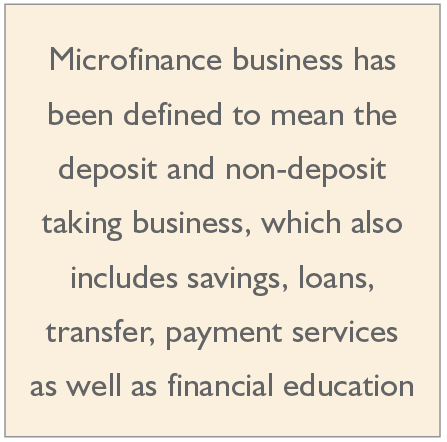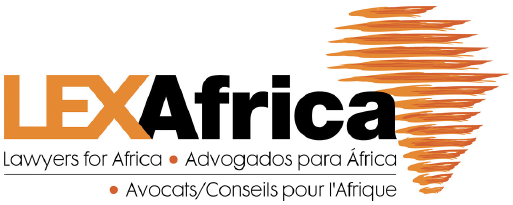- Informal lending/microfinance business to be regulated by BoT
- Four tiers of microfinance service providers
- Community financial groups including community-based organisations and individual money lenders must register
- Fine or jail term for those who undertake microfinance business without registration
- Provides for consumer protection including transparency on interest rates
- Service providers must comply with the Anti Money Laundering Act
In a bid to ensure proper licensing, regulation, monitoring and supervision of microfinance business in Tanzania, the Minister for Finance has issued a draft Bill on Microfinance to be tabled in the National Assembly very soon.
Microfinance business has been defined to mean the deposit and non-deposit taking business, which also includes savings, loans, transfer, payment services as well as financial education.
Below are the four tiers of microfinance service providers which have been stipulated under the Bill:
Tier 1 Banks and microfinance banks.
Tier 2 Credit companies and financial organisations.
Tier 3 SACCOS
Tier 4 Community financial groups, individual money lenders and community-based organisations.
The Bill makes it mandatory for all microfinance service providers to be issued with an approval by the BoT prior to the opening or closing of a place of business.
 Additionally, the BoT has been vested with powers to supervise and regulate the informal microfinance business. Those powers include investigating, inspecting books of accounts, returns or records as well as demanding any information from the employee or agent of any microfinance business.
Additionally, the BoT has been vested with powers to supervise and regulate the informal microfinance business. Those powers include investigating, inspecting books of accounts, returns or records as well as demanding any information from the employee or agent of any microfinance business.
Further, the Bill prohibits individuals from carrying out microfinance business without being licensed, contravention of which will amount to an offence. The punishments for tier 1 and 2 is a fine of up to TZS100 million or to imprisonment for a term of between two to five years, or to both. For tier 3 the punishment is a fine of up to TZS50 million or to imprisonment for a term of between 2 to 5 years or to both. In respect of tier 4, the general penalty is a fine of up to TZS50 million or to imprisonment of not less than 3 months and not exceeding five years or both. The Bill however provides for powers on BoT to compound offences at any time before the hearing commences.
Any foreign-owned microfinance service providers who desire to undertake microfinance business in Tanzania are also required to be registered by the BoT. Furthermore, these service providers are to adhere to the applicable laws on local content, which includes employment and training of Tanzanians.
The Bill demands service providers in the microfinance business to comply with consumer protection principles including vetting of standard contracts, transparency on interest rates, debt collection methods and debt recovery process.
Lastly, the Bill requires microfinance business to comply with the Anti-Money Laundering Act and establish internal control procedures for the purpose of identifying and reporting suspicious transactions.
To read the Bill please visit: https://fbattorneys.co.tz/wp-content/uploads/2018/11/Microfinance-Bill-2018.pdf
(LEX Africa is an alliance of law firms with over 600 lawyers in 24 African countries formed in 1993. More information may be found on
www.lexafrica.com)

T: (255) 784 322 751



 By
By